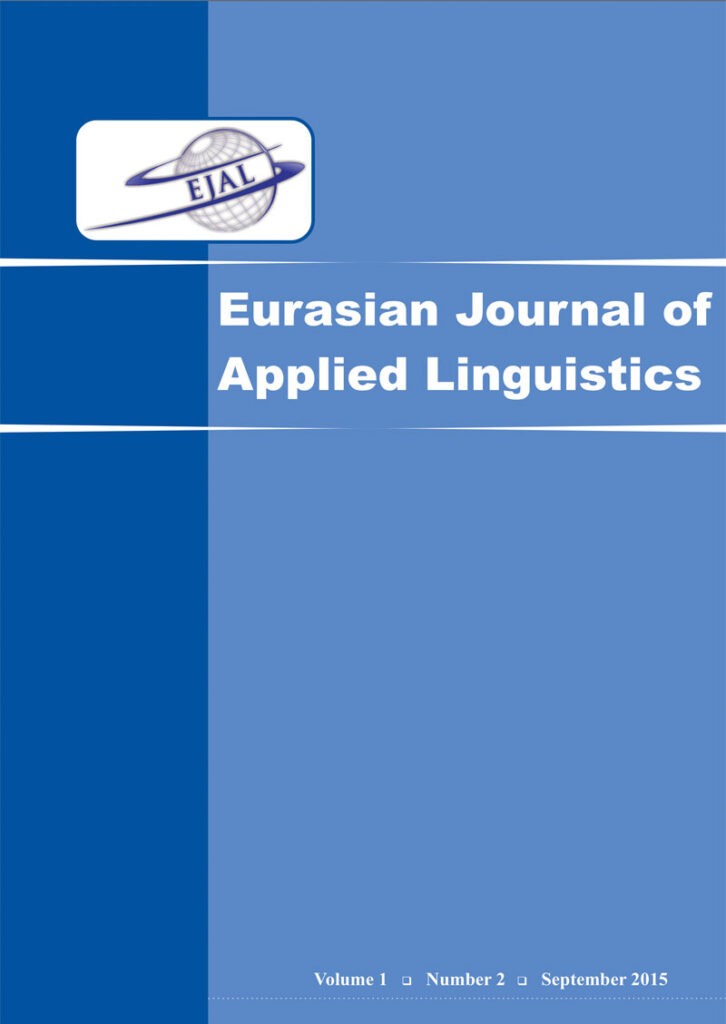Adrian Leis
Miyagi University of Education
Miyagi University of Education
Matthew Wilson
Miyagi University
Miyagi University
Keywords: L2 Learning Motivation, Self-worth Theory, Assessment, Japanese university students, vocabulary acquisition
Abstract
The aim of this study was to test a scoring method for regular testing proposed by the authors which provides feedback on test results to each student based upon his or her increases or decreases with the previous test score (hereafter, Idio-comparative marking). The authors compared the Idio-comparative scoring system with a regular ‘individual result together with class average’ method in an eight-week long quasi-experimental study conducted with 52 first-year Japanese university students. The authors aimed to gain an understanding of whether there were any salient statistical advantages in giving class averages to students to compare with their own result, thus nullifying the Idio-comparative idea. The study used a Pretest-Posttest design, with the results of an analysis of variance suggesting there to be no statistically significant difference (p = .77) between the Idio-comparative Group and Give-average Group. The authors suggest the Idio-comparative approach as one to be considered by language teachers in order to assist with building and preserving the confidence of the students participating in the class.

